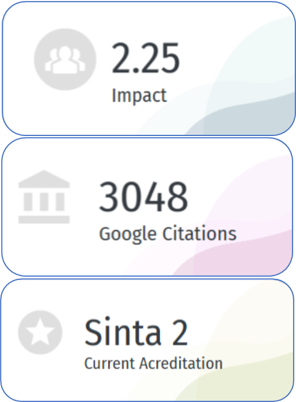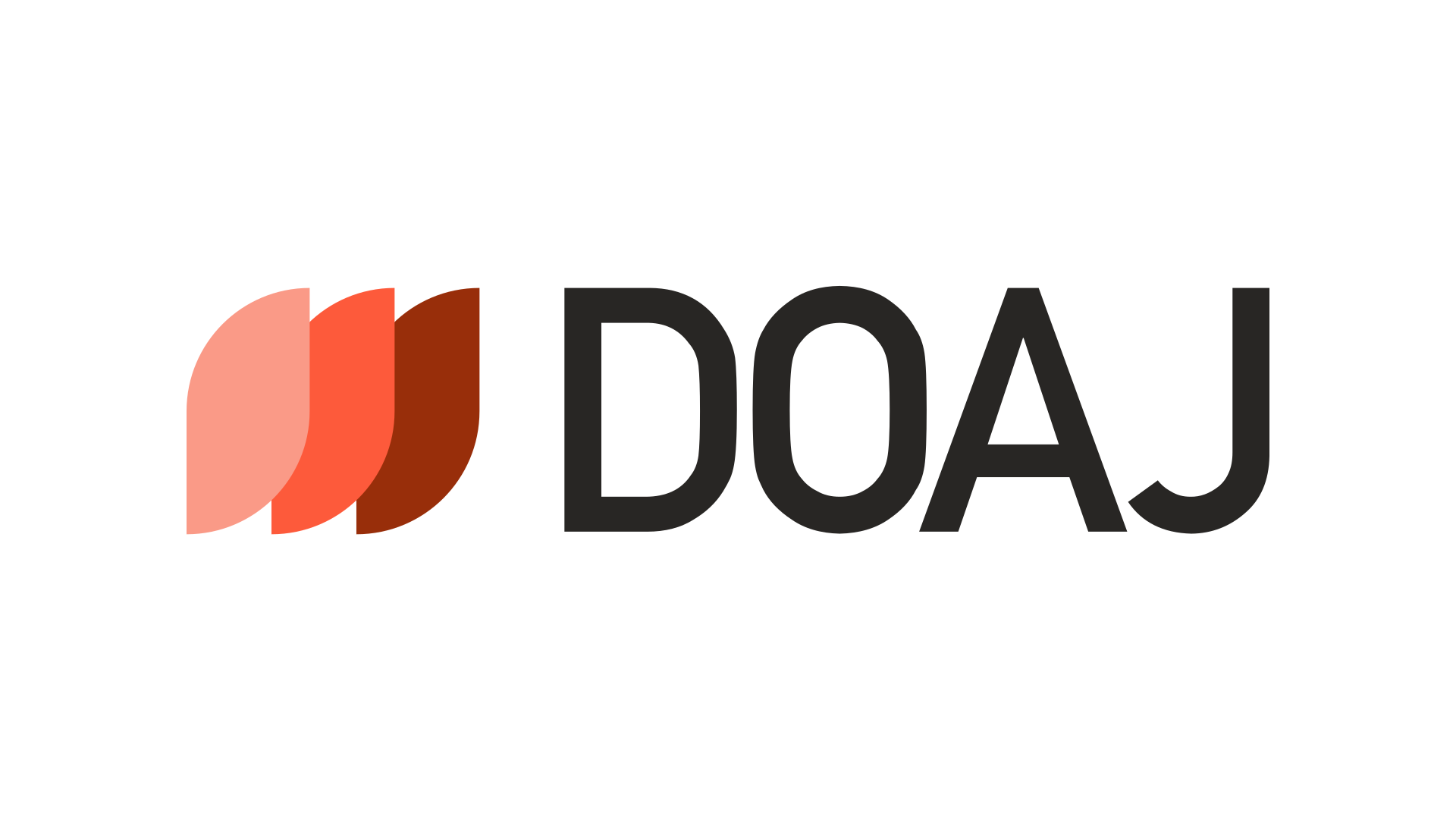Analysis of Women’s Economic Empowerment and Domestic Violence Prevention Policy Implementation based on Gender Transformative (GT) Approach in North Aceh Regency
DOI:
https://doi.org/10.24258/jba.v21i1.1597Abstract
Domestic violence remains a serious problem in Indonesia, especially in North Aceh, which has the second highest number of domestic violence cases in Aceh. This research analyzes the North Aceh District Government's economic empowerment policy implementation in tackling domestic violence using the Gender
Transformative (GT) approach. Using a phenomenological qualitative method, this research conducted in-depth interviews with various parties, including the Department of Social Affairs, Women's Empowerment and Child Protection, and analysis of related documents. The results showed that despite the existence of Aceh Qanun (Local Law) No. 9 of 2019 and North Aceh Regent Regulation No. 9 of 2022 that regulate women's empowerment and handling of domestic violence, implementation still faces many challenges. The main obstacles are weak interagency coordination, lack of community and NGO participation, and limited
understanding of the relevant qanuns. More integrated and effective local, mesomacro, and inter-organizational interventions must be strengthened. In conclusion, achieving gender equality and reducing domestic violence through economic empowerment requires a more comprehensive approach. The North Aceh regional government is advised to enhance coordination, increase community and NGO participation, and develop sustainable empowerment programs considering the local context and Islamic values
Downloads
Downloads
Published
How to Cite
Issue
Section
License
Policy for Journals That Offer Open Access
Authors who publish with this journal agree to the following terms:
- Authors retain copyright and grant the journal right of first publication with the work simultaneously licensed under a Creative Commons Attribution-NonCommercial-ShareAlike 4.0 International License that allows others to share the work with an acknowledgement of the work's authorship and initial publication in this journal.
- Authors are able to enter into separate, additional contractual arrangements for the non-exclusive distribution of the journal's published version of the work (e.g., post it to an institutional repository or publish it in a book), with an acknowledgement of its initial publication in this journal.
- Authors are permitted and encouraged to post their work online (e.g., in institutional repositories or on their website) prior to and during the submission process, as it can lead to productive exchanges, as well as earlier and greater citation of published work (See The Effect of Open Access).
























